Project
Last Updated on July 4, 2024
Project Description
Malawi is among the countries most affected by climate change, and its Chilwa Basin is one of the most severely affected regions in the country.
Extreme weather events, flood, drought, changing rain patterns, prolonged high temperatures, and human-induced deforestation have major impacts on human health and lead to population displacement, disruption in health services, increases in some infectious diseases, and acute and chronic undernutrition.
We aim to assess the following specific health impacts in the Chilwa Basin:
- infectious diseases: malaria, cholera, schistosomiasis, acute diarrheal disease
- food security: protein-energy malnutrition, growth stunting in children
- potable water, sanitation, and hygiene
To model these health impacts of climate change in Malawi, we are applying complex adaptive systems theory to develop a computer-based simulation of the following five subsystems and their interactions:
- ecological services
- extreme weather
- infectious diseases
- food security
- clinical public health and disaster risk management
In cooperation with our partners in Malawi, we are selecting appropriate indicators; designing and refining the accuracy of the model; creating a monitoring and evaluation dashboard; and developing a scenario-planning toolbox. The toolbox can be used to monitor and evaluate treatment, prevention, and ecological adaptation interventions for clinical and population health.
This project is partly funded by the Wellcome Trust and involves a partnership between the Dahdaleh Institute for Global Health Research at York University and researchers from Leadership for Environment and Development (LEAD) in Malawi and from the University of California-Irvine (UCI).
Team Members
| Dr. James Orbinski, Principal Investigator (PI), Dahdaleh Institute for Global Health Research, York University, Canada |
| Prof. Sosten Chiotha, Co-PI and LEAD Regional Program Director, Malawi |
| Prof. Richard Matthew, Advisor, Climate Change Policy, University of California Irvine, USA |
| Prof. Martin J. Bunch, Advisor, Ecohealth and Ecosystem Approaches, Adaptive Management, and Complex Systems, York University, Canada |
| Prof. Ali Asgary, Advisor, Agent-Based Modelling, York University, Canada |
| Byomkesh Talukder, Research Fellow, Dahdaleh Institute for Global Health Research, York University, Canada |
| Jochen Schubert, Researcher, University of California Irvine, USA |
| Mohammadali Tofighi, Postdoctoral Fellow, Dahdaleh Institute for Global Health Research, York University, Canada |
| James Chirombo, Global Health Fellow, LEAD, Malawi |
| Patrick Likongwe, Research Fellow, LEAD, Malawi |
| Eunice Choi, PhD student, York University, Canada |
| Nilanjana Ganguli, Project Manager and PhD student, York University, Canada |
| Ann Jacee Le, PhD candidate, University of California Irvine, USA |
Related Publications
- Talukder, B., van Loon, G. W., Hipel, K. W., Chiotha, S., & Orbinski, J. (2021). Health impacts of climate change on smallholder farmers. One Health, 13, 100258. doi: 10.1016/j.onehlt.2021.100258
Project Updates
August 2022 Workshop
In August, we held a a six-day, in-country workshop in Zomba, Malawi. The key workshop objectives were:
- To consolidate project achievements and identify key questions and data needed.
- To familiarize the project team with the study location.
- To introduce project team members and share project objectives and achievements with the Health and Climate Change Core Team (HCCCT) for Malawi.
- To discuss future collaborations with HCCCT and address key requirements for current and future projects.
Read about the workshop activities here: https://www.yorku.ca/dighr/mhicc-workshop-in-malawi-august2022/
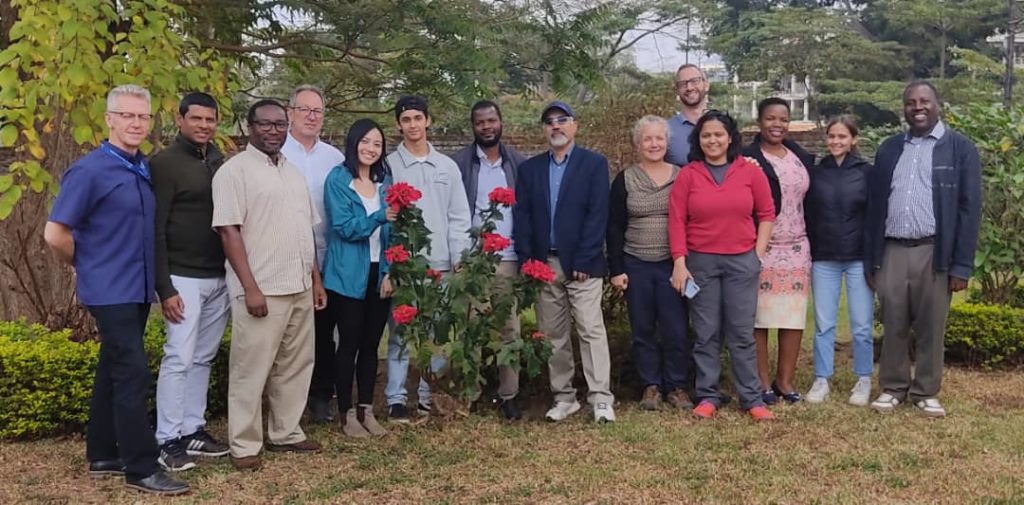
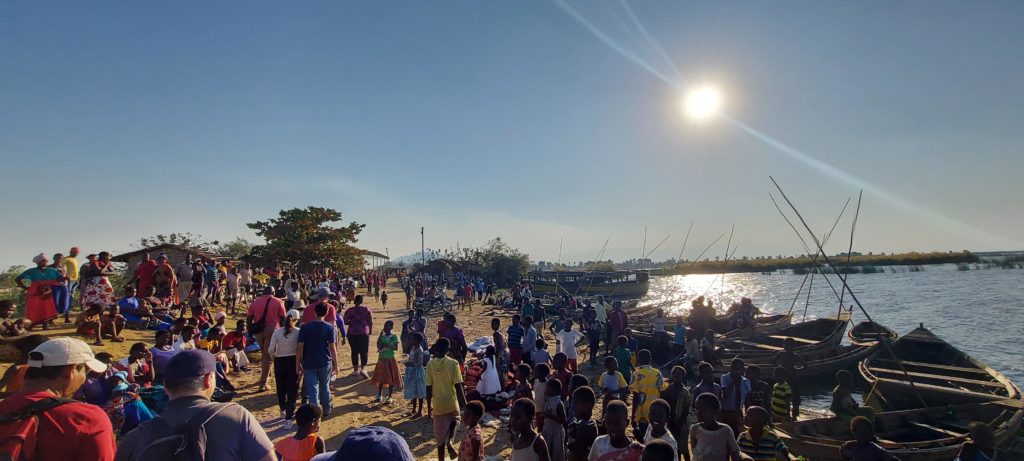
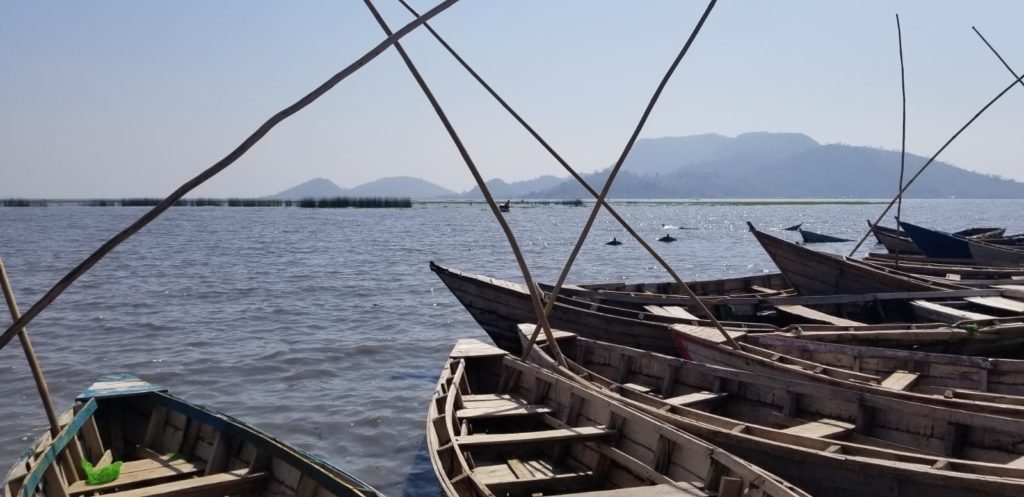
May 2021 Workshop
In May 2021 we held a two-day stakeholder consultation workshop in Malawi titled Understanding the System Dynamics and Developing Causal Loop Diagrams (CLDs) of Health Impacts of Climate Change in the Lake Chilwa Basin, Malawi.
Twenty-nine participants from a range of government agencies, development partners, civil society organizations, academia, and the media discussed how to represent the subsystems in the project’s causal loop diagrams. As systems are connected through nonlinear relationships, causal loop diagrams help visualize how the different elements of a system are causally related.
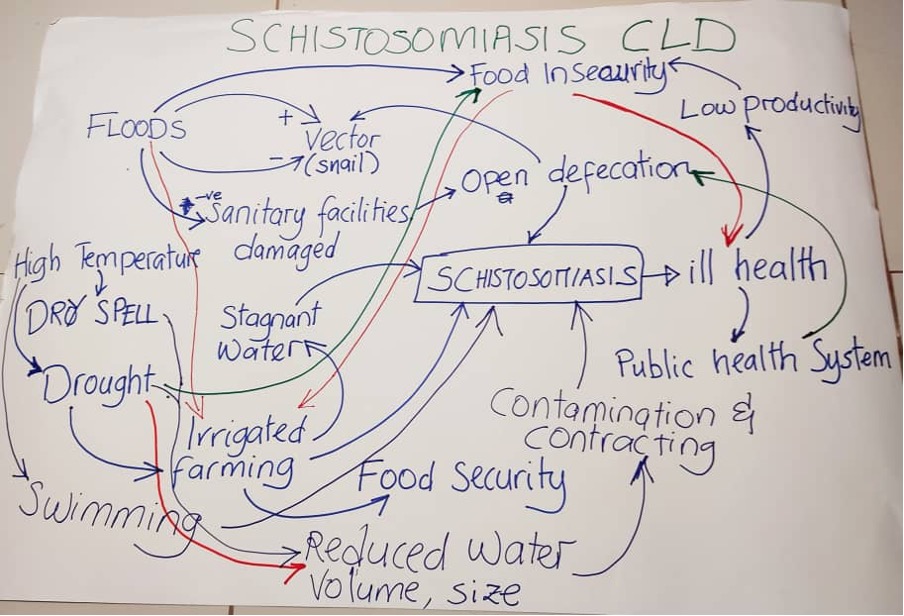
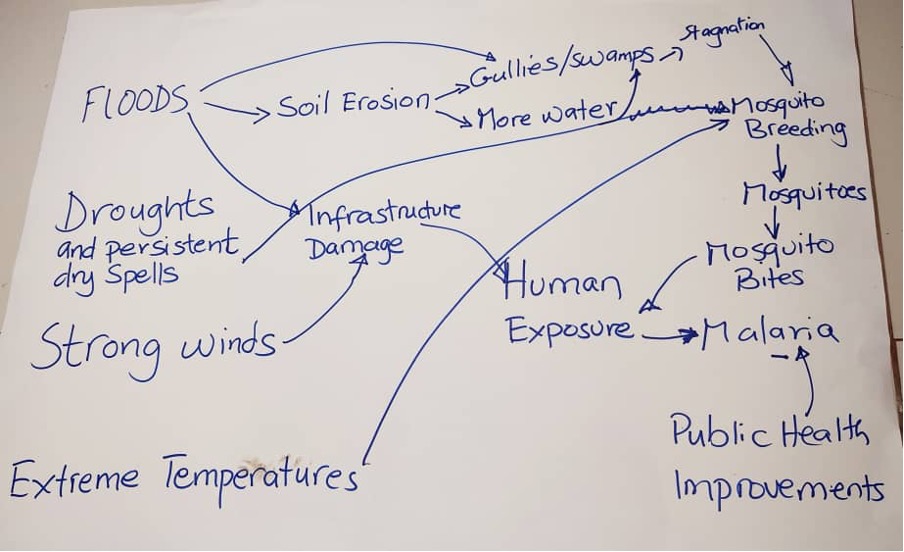
Workshop participants also learned about systems dynamics and discussed how CLDs and modelling of the health impacts of climate change can inform national programs and policies.
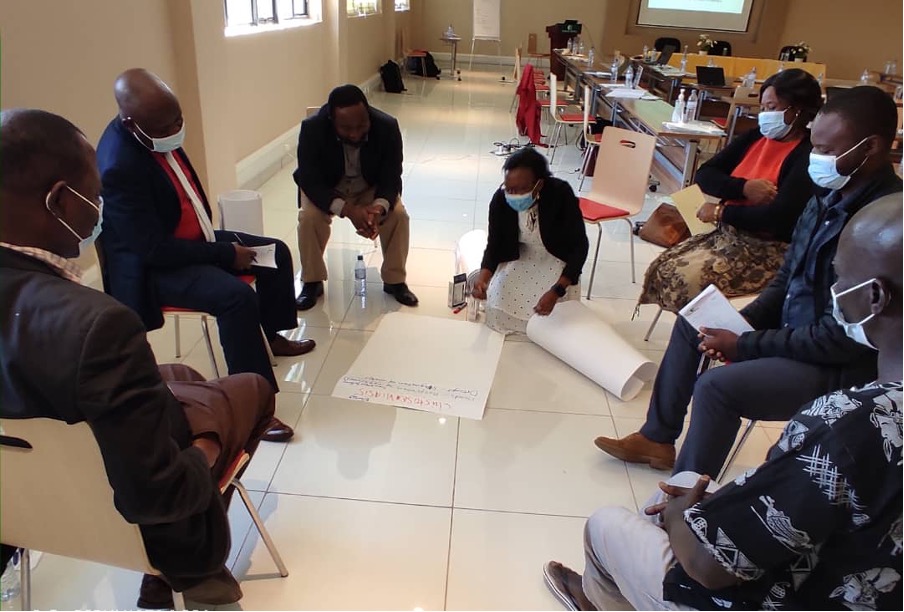
You may also be interested in...
'Dynamic and Transformative' Experience at ISA 2024 in San Francisco
For Nilanjana (Nell) Ganguli, attending the ISA 2024 Conference in San Francisco was more than just an academic exercise—it was a dynamic and transformative experience. As a first-timer at this renowned gathering, Nell was immersed ...Read more about this Post
BioCAM4: Biodiversity Integration in Climate Adaptation and Mitigation Actions for Planet, People, and Human Health
BioCAM4 is an interdisciplinary and trans-sectoral research partnership dedicated to: Developing methodologies for mapping NBCA trends worldwide and assessing local opportunities and challenges for NBCAs with dedicated deep-dive studies in two world regions: East Africa ...Read more about this Project
The Victor Dahdaleh Foundation to support University facilities, selected programming with $4M gift
The gift will support upgrades to the Victor Phillip Dahdaleh Building on York University’s Keele Campus, provide operating funding to CIFAL York and support a new operations facility for the Advanced Disaster, Emergency and Rapid Response Simulation ...Read more about this Post
